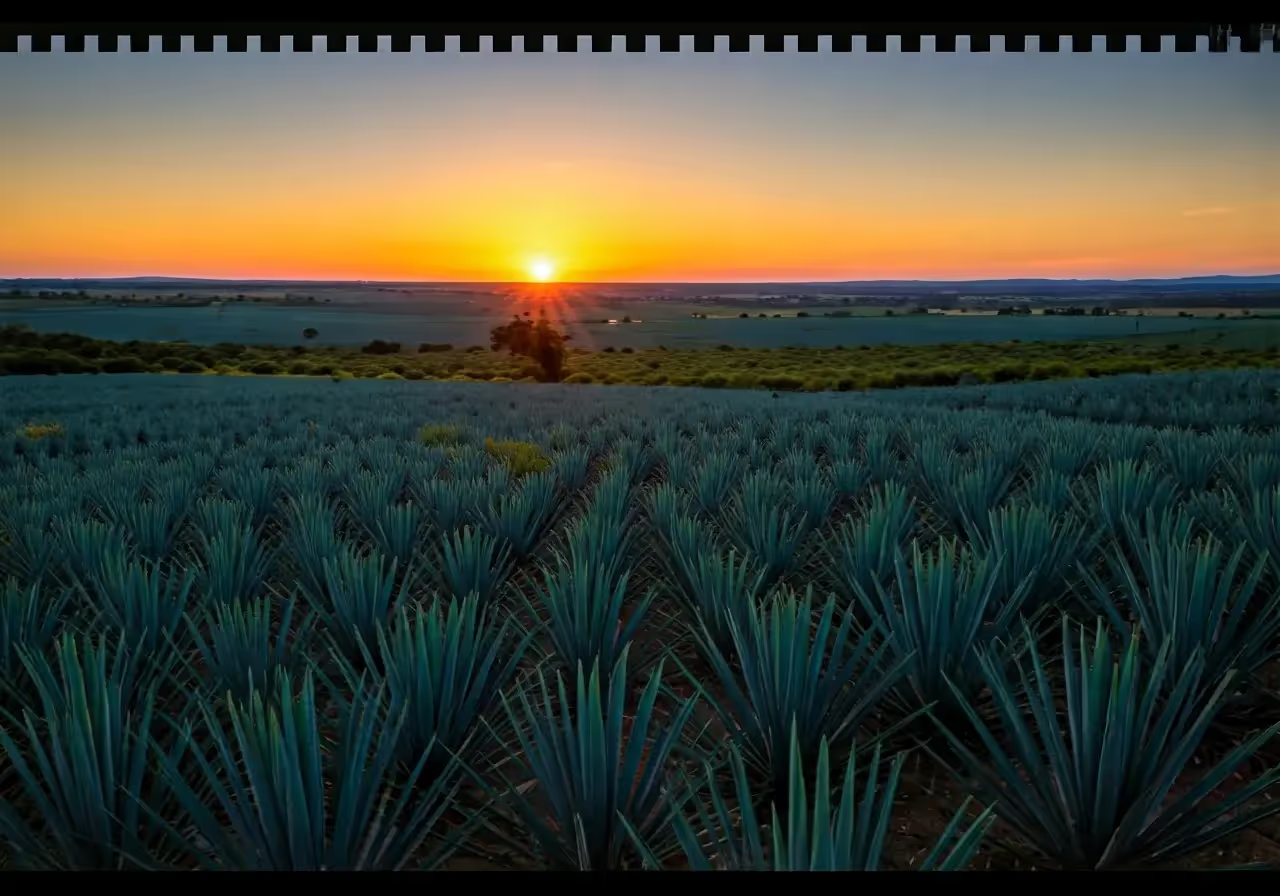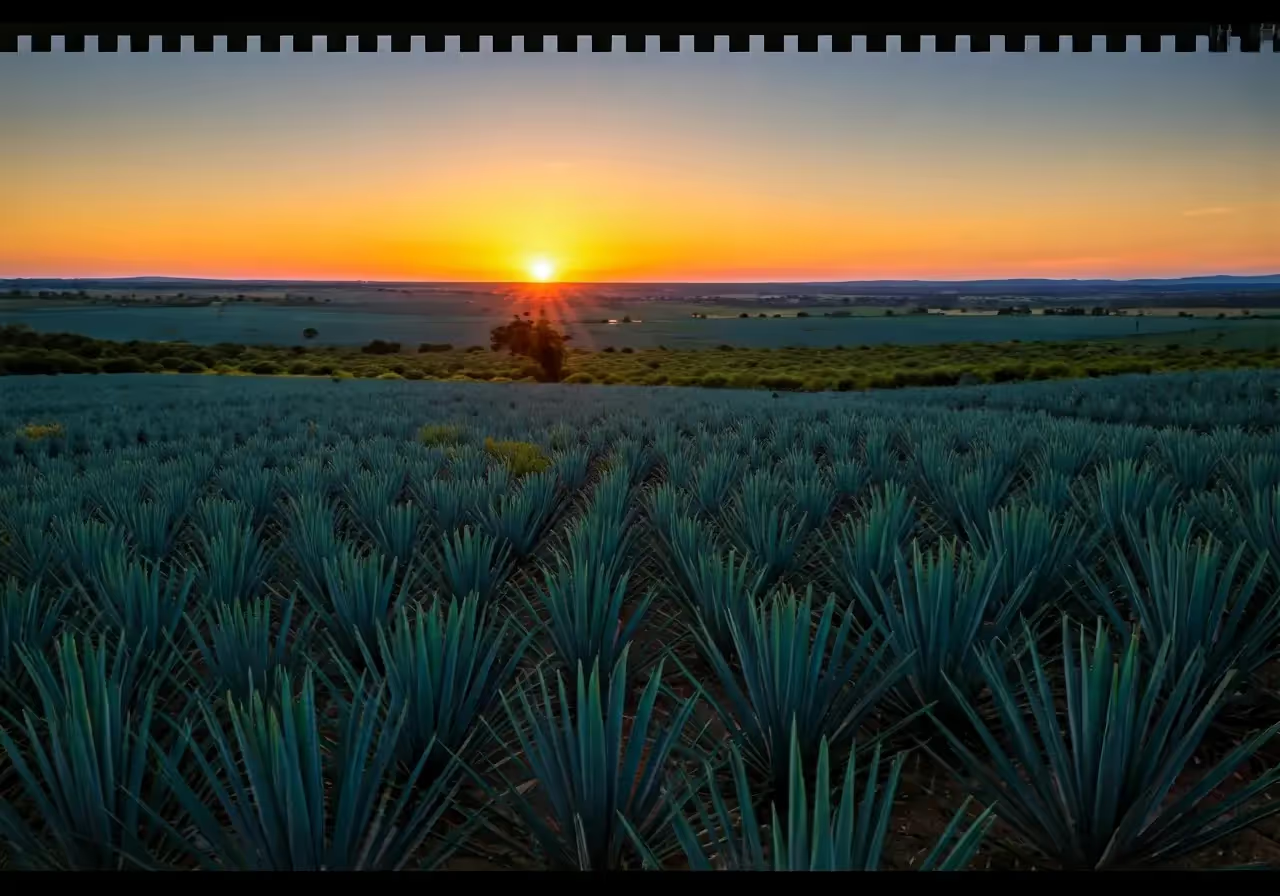
Exploring the Sustainability Journey of Modern Tequila Brands
Exploring the Sustainability Journey of Modern Tequila Brands




In recent years, the tequila industry has witnessed a significant shift towards sustainability. From innovative farming techniques to eco-friendly packaging, modern tequila brands are paving the way for a greener future. In this blog, we’ll explore the efforts of these brands, focusing on how they are making a positive impact on both the environment and their communities.

Understanding the Environmental Impact of Tequila Production
Tequila production, like many agricultural industries, has its environmental challenges. From the cultivation of agave to the distillation processes, each step has an ecological footprint. Understanding these impacts is crucial for driving change in the industry.
The environmental impacts of tequila production are multifaceted. The cultivation of agave plants, the primary ingredient in tequila, requires vast tracts of land and significant water resources. This can lead to soil degradation and water scarcity in areas with intensive farming activities. The distillation process, known for its energy intensity, contributes significantly to carbon emissions. However, industry leaders are taking steps to mitigate these environmental footprints, recognizing that sustainable practices are not just beneficial but necessary for long-term viability.
Innovative Farming Practices in Tequila Production
Many modern tequila brands are adopting innovative farming practices to reduce their environmental impact. These include organic farming, crop rotation, and using natural pest control methods, which help maintain soil health and reduce chemical runoff.
One of the key shifts in modern tequila production is the move toward biodiverse and regenerative agricultural practices. Brands are planting a diversity of crops alongside agave, which promotes soil health and enhances ecosystem resilience. By rotating crops and allowing land to lie fallow, producers can prevent the exhaustion of natural resources and avoid reliance on synthetic fertilizers. Such practices not only enhance the quality of the agave but also ensure that ecosystems remain vibrant and productive for future generations.
The Role of Distillation in Sustainability
Distillation is a key part of tequila production and can be resource-intensive. However, some brands are investing in energy-efficient distillation methods and utilizing renewable energy sources to minimize their carbon footprint.
Energy efficiency in distillation involves a transition from traditional methods to advanced technologies that optimize energy use. Some tequila brands have begun harnessing solar power, integrating recycling systems for residual heat, and implementing water-saving technologies. These initiatives are cutting down process-related emissions significantly, demonstrating that even conservative industries can evolve sustainably. The efforts to enhance distillation efficiency illustrate that environmental responsibility can coexist with production excellence, benefiting both businesses and consumers alike.
Eco-Friendly Packaging: Less Waste, More Taste
Packaging is another area where tequila brands are making strides toward sustainability. From biodegradable labels to recycled glass bottles, these efforts not only reduce waste but also enhance brand image in the eyes of eco-conscious consumers.
Innovations in packaging are rapidly becoming a distinctive hallmark of forward-thinking tequila brands. In an effort to minimize plastic use, many are turning to bamboo caps and soy-based inks for labeling. Additionally, lightweight bottles and compostable packaging solutions reduce the carbon footprint associated with transportation. By investing in these eco-focused initiatives, brands are not only preserving the environment but also connecting with consumers who prioritize sustainable purchasing choices.
The impact of recycling initiatives can’t be understated. These programs are designed to reintroduce used packaging materials back into production cycles, thereby reducing waste and conserving resources. Embracing the concept of a circular economy can lead to innovative solutions and cost efficiencies, appealing to both environmentally and economically-minded stakeholders.
Community Engagement and Social Responsibility
Sustainable practices extend beyond the environment to include social responsibility. Many tequila brands are engaging with local communities, providing fair wages, and supporting local development to ensure a positive socio-economic impact.
Investing in community well-being is an integral part of the sustainability journey for many tequila companies. From education programs to health initiatives, brands are forging robust relationships with local communities. By fostering an inclusive economic model, these brands not only deliver a positive social impact but also strengthen their reputations as responsible and ethical industry leaders. The focus on community engagement ensures that the benefits of sustainable development are tangibly felt by those who contribute to the industry’s success.
Spotlight on Sancho Pancho Tequila: A Case Study in Sustainability
Sancho Pancho Tequila is a leader in sustainability, setting a benchmark for others in the industry. Their commitment to environmental stewardship and community involvement makes them a prime example of how dedication to sustainability can result in positive change.
Through initiatives such as using renewable energy and prioritizing sustainable packaging, Sancho Pancho Tequila has demonstrated that a blend of traditional craftsmanship with modern eco-friendly practices can lead to a thriving business model. By investing in sustainability, they not only reduce their environmental footprint but also set a precedent for others to follow. Their continuous engagement with community programs highlights the importance of a holistic approach to sustainability, emphasizing that true success is measured by the well-being of both the planet and its people.
A Toast to a Sustainable Future
The sustainability journey of modern tequila brands is an inspiring example of how traditional industries can adapt and thrive in an eco-conscious world. By embracing sustainable practices, these brands are not only ensuring their longevity but also setting a new standard for others to follow. As consumers, supporting these initiatives can drive further change and help preserve the environment for future generations. Visit Sancho Pancho Tequila’s homepage to learn more about their sustainability initiatives.


.avif)
.avif)

.avif)





.avif)













.png)


.avif)
